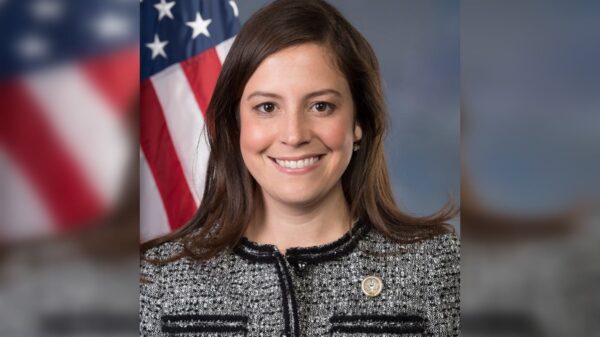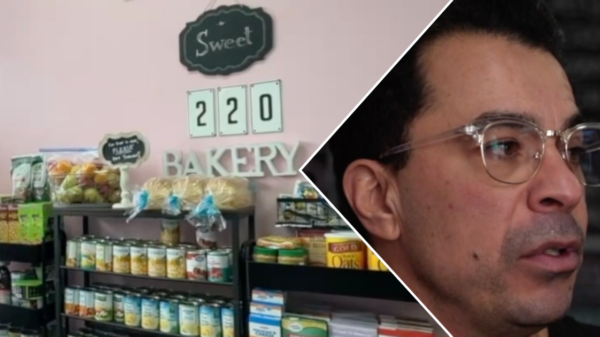TALLAHASSEE — Florida could incur significant expenses related to its food stamp program, known as the Supplemental Nutrition Assistance Program (SNAP), if it does not improve its payment error rate. Currently, SNAP benefits are entirely funded by the federal government. However, beginning on October 1, 2027, states may be required to contribute financially based on their respective payment error rates, following the enactment of the “One Big Beautiful Bill Act” signed by former President Donald Trump this summer.
Florida’s Department of Children and Families (DCF) is working to reduce its payment error rate, which was reported at 12.6% for the 2023-2024 federal fiscal year. According to Bridget Royster, assistant secretary for the DCF’s Economic Self Sufficiency Program, the agency is actively implementing operational improvements, policy enhancements, and technological solutions to achieve a target error rate of less than 6%.
In the previous fiscal year, DCF distributed approximately $6.8 billion in federal food assistance to 2.3 million households. Under the new law, states with error rates below 6% will continue to receive full federal funding. Conversely, states with rates between 6% and 7.99% will be responsible for 5% of the costs. If Florida maintains an error rate within this range, it could face a financial obligation of around $340 million.
Should the error rate exceed 10%, the state’s contribution would escalate to 15%. The error rate is not indicative of fraud but rather reflects overpayments and underpayments based on fluctuating household sizes and incomes, which may not be reported immediately. To address this, the state is shifting from allowing individuals to self-attest their wages, rent, and utility costs to requiring documented evidence of these expenses.
In 2022-2023, Florida’s error rate was 8.1% and has not dipped below 6% since before the COVID-19 pandemic. Current calculations place the state’s error rate at 15.13%, although this figure does not represent the full fiscal year. Royster noted that recent hurricanes have negatively impacted the state’s error rates.
The implementation of work requirements under the One Big Beautiful Bill Act has already affected 181,217 Floridians, a significant increase from 16,452 in 2023. This figure is based on guidance from federal partners and may change as more clarifications are received.
In 2024, Florida legislators broadened the age range for able-bodied adults without dependents to meet work requirements for SNAP benefits, now including individuals aged 18 to 64, up from 18 to 54. The new law also eliminated exemptions for homeless individuals, veterans, and former foster youth under 24 years of age.
Moreover, nearly 9,753 individuals from other countries, categorized as asylees, refugees, victims of trafficking, and parolees, have also lost eligibility for SNAP under the revised federal law, according to DCF data. As Florida navigates these changes, the agency’s efforts to improve its payment error rate will be crucial to mitigating potential financial repercussions in the future.







































































